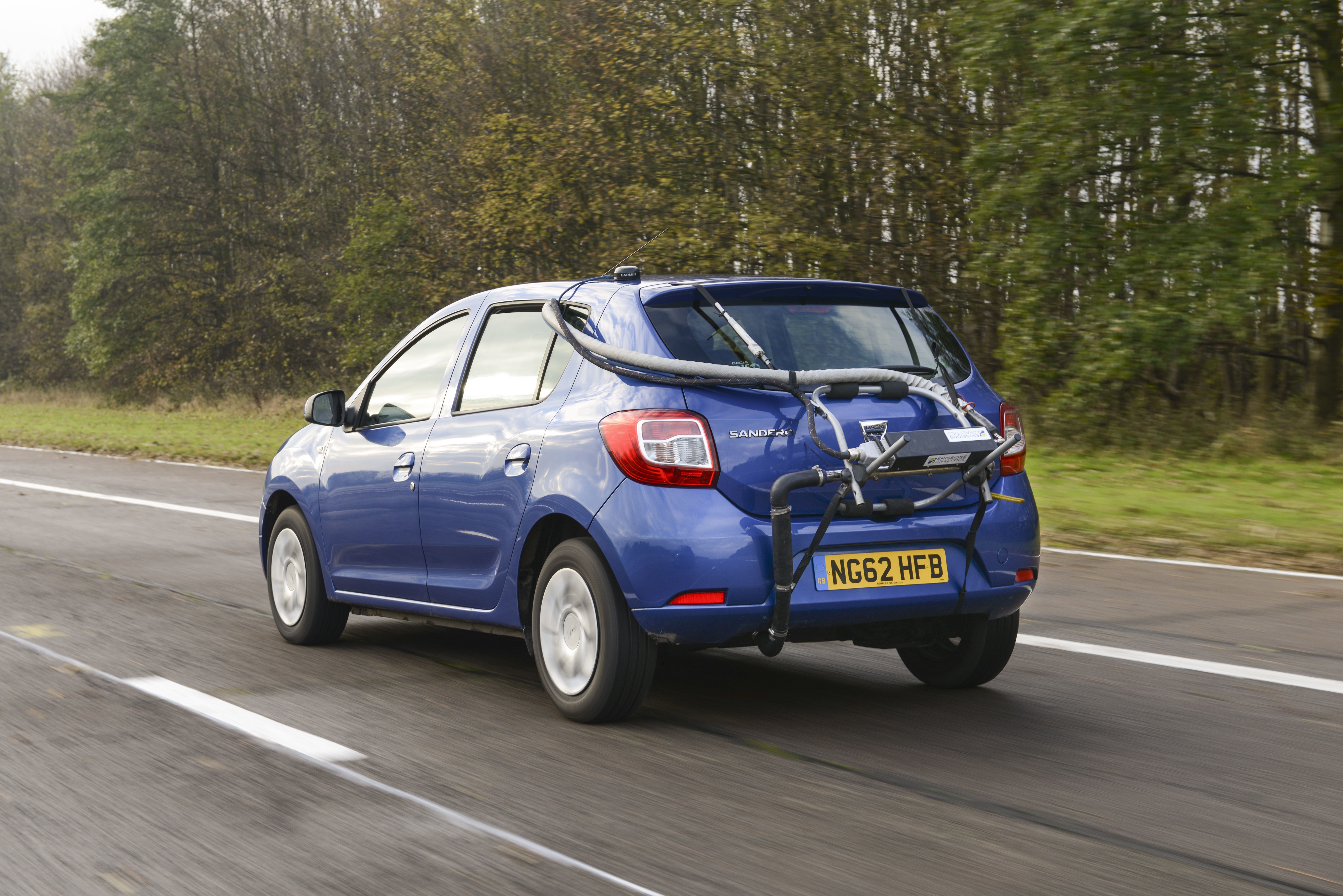In an effort to improve air quality, Singapore is to introduce the Vehicular Emissions Scheme (VES) to replace the Carbon Emissions-Based Vehicle Scheme (CEVS) for all new cars, taxis and newly imported used cars with effect from 1 January 2018. The new scheme will cover four more pollutants to reduce harmful vehicle emissions and will be applicable for all cars and taxis registered from 1 January 2018 to 31 December 2019.
The VES rebate or surcharge for a car or taxi will be determined by its worst-perf
In an effort to improve air quality, Singapore is to introduce the Vehicular Emissions Scheme (VES) to replace the Carbon Emissions-Based Vehicle Scheme (CEVS) for all new cars, taxis and newly imported used cars with effect from 1 January 2018. The new scheme will cover four more pollutants to reduce harmful vehicle emissions and will be applicable for all cars and taxis registered from 1 January 2018 to 31 December 2019.
The VES rebate or surcharge for a car or taxi will be determined by its worst-performing pollutant, to encourage buyers to choose models that have lower emissions across all criteria and are cleaner overall.
As with the existing CEVS, the rebate and surcharge for taxis under the VES will be 50 per cent higher to encourage taxi companies to adopt lower emission models for their fleets.
An emission factor will be applied to the electricity consumption of electric vehicles and plug-in hybrid vehicles as measured under the United Nations Economic Commission for Europe Regulation No.101 test procedures, to account for the CO2 emissions produced by electricity generation from fossil fuels.
To help potential vehicle buyers make informed decisions, fuel economy labels will be re-designed to include information on each vehicle’s VES band. The new label will need to be attached to showroom cars displayed for sale when the VES is implemented from 1 January 2018.
The VES rebate or surcharge for a car or taxi will be determined by its worst-performing pollutant, to encourage buyers to choose models that have lower emissions across all criteria and are cleaner overall.
As with the existing CEVS, the rebate and surcharge for taxis under the VES will be 50 per cent higher to encourage taxi companies to adopt lower emission models for their fleets.
An emission factor will be applied to the electricity consumption of electric vehicles and plug-in hybrid vehicles as measured under the United Nations Economic Commission for Europe Regulation No.101 test procedures, to account for the CO2 emissions produced by electricity generation from fossil fuels.
To help potential vehicle buyers make informed decisions, fuel economy labels will be re-designed to include information on each vehicle’s VES band. The new label will need to be attached to showroom cars displayed for sale when the VES is implemented from 1 January 2018.








